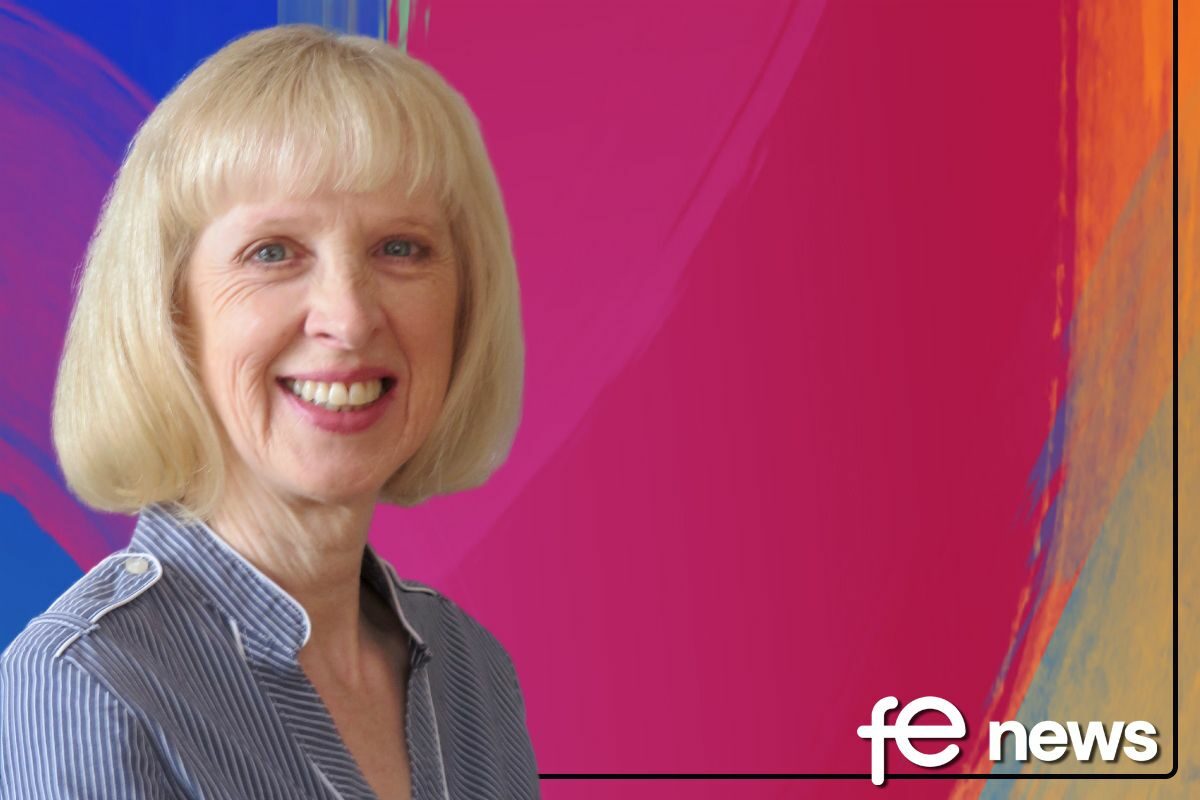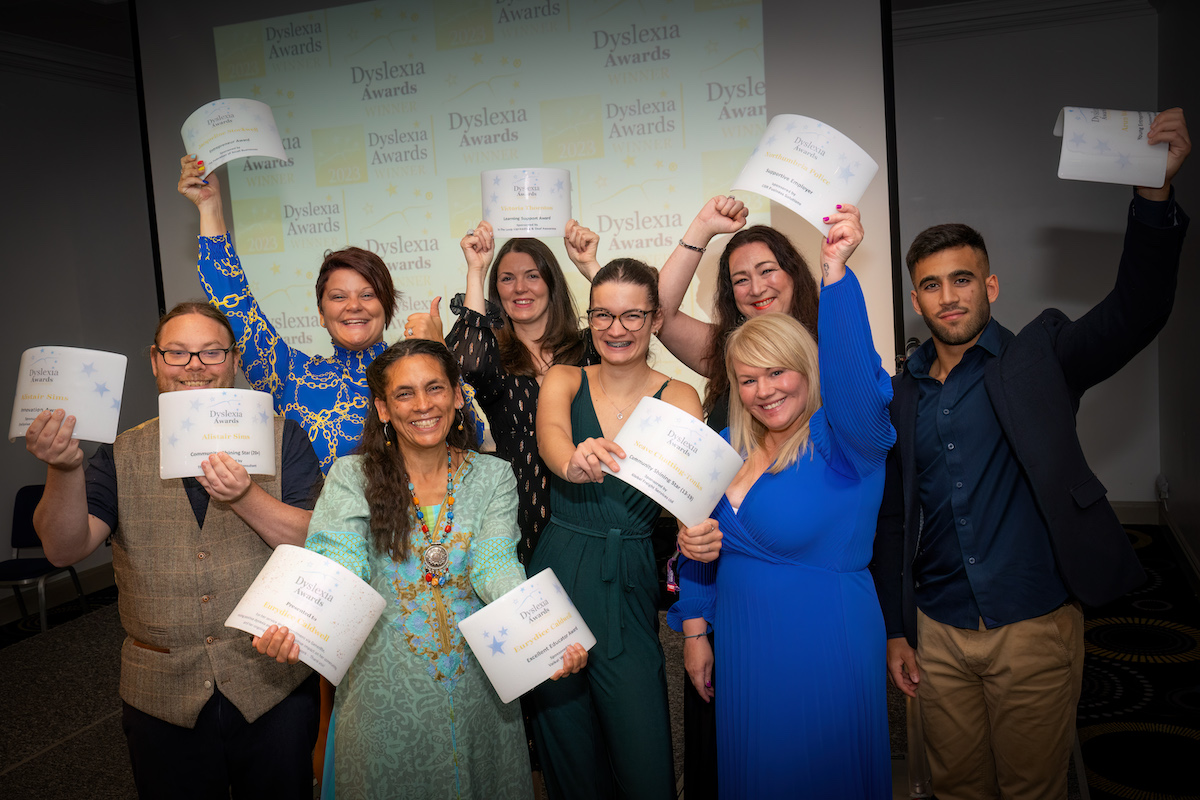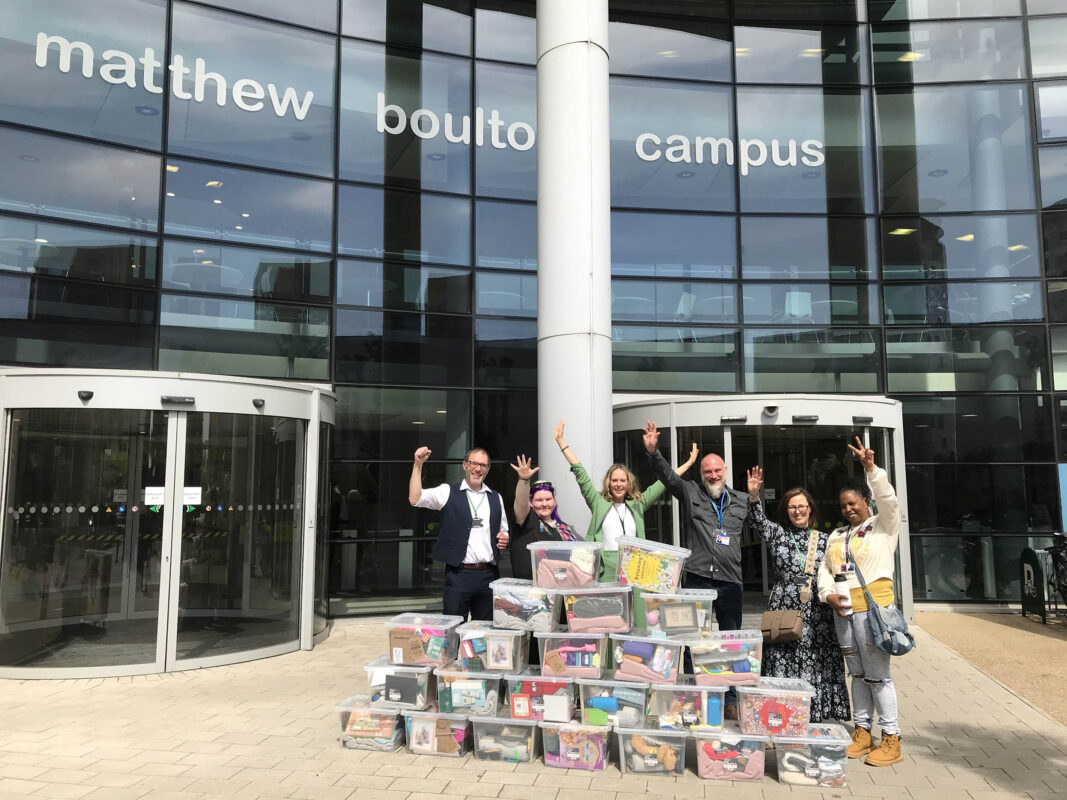Copyright from an educational author’s perspective: Ann Gravells

This CLA series supports the launch of the Copyright Essentials training guide, which you can access here.
The Copyright Licensing Agency has launched an interactive online guide to help college staff understand copyright. In the second article of this series, FE author Ann Gravells shares how she became a creator, and what it means to her to be a published writer who is protected by copyright
How did you arrive at writing?
I consider myself to be an accidental writer, my main role being a teacher in the further education sector. I also worked for an awarding organisation, and whilst producing the content for a new teaching qualification in 2005, I needed to research text books for a reading list. I was surprised that there wasn’t anything suitable, so I thought I’d write one myself.
I approached a publisher who, unbeknown to me, had been looking for someone to write a book to support the new qualification. So that’s how my first book ‘Delivering Adult Learning’ became published. It’s since had many reincarnations and new editions over the years, due to the qualification being revised and renamed.
What does writing mean for you in a creative sense?
I have never considered myself to be a creative person, but to my surprise, I enjoyed the writing experience. I had many years of teaching experience which I drew on for the content, and I explained complex topics in a way that a new teacher could understand. I wrote in the ‘second person’ as though I was talking to the reader. This was something I later found out had not been the traditional way of writing a text book, but it worked.
I enjoyed being creative and weaving my teaching experiences into examples for the reader to relate to. I also added short activities for the reader to think about what they would do in a given situation, plus lots of tables and bullet points to break up the text. This was a style I would use for my other books over the years, as it proved successful.
I had quite a few trusted colleagues who were happy to read my work, to whom I am eternally grateful. They gave me some valid feedback which helped the books become so successful.
How does it feel to have your work published?
It feels amazing! I remember being really excited at the prospect of being a published author. When my first book arrived in the post I was thrilled at seeing my name in print. I didn’t appreciate how well the first book would sell and I went on to write, co-write and edit a further 21 text books.
It’s a wonderful feeling when I get messages from people who say how much my books have helped them. It’s also great to meet people in person and to hear their stories of how they passed their qualification, or improved their teaching career, as a result. I find this to be a very humbling experience.
Can you remember getting your first royalty payments – what did that mean to you?
I remember jumping up and down with excitement! As most authors are aware, the royalty is only a very small amount based on the wholesale price, but I didn’t go into writing for the money. I enjoyed the writing process and it was lovely to be rewarded for it. The fact that people had actually bought my book was amazing validation for my work.
How does copyright help sustain you as a writer in terms of producing more works?
As word spread about how helpful and easy to read the books were, sales increased. I was then asked by the publisher to write books for other educational topics. I of course said yes, as I felt I had a unique style of writing which was helping people. However, it was important that my work was protected, and copyright helps with this.
I have since adapted extracts from my books to produce educational resources, which I sell via my website. This enables me to create more material to help new teachers, and further helps to sustain me as a writer.
How does copyright protect your work?
Copyright prevents others from using my work without my permission.
If people access books illegally (e.g. via an unauthorised online copy) or don’t make a legitimate purchase or a library loan, then they are preventing the author from earning for all their hard work.
If a teacher photocopies text and images from a book/journal to give to their learners as reading material, or creates an electronic copy for them to access online, this will breach copyright, unless their organisation has purchased a licence.
How can a teacher copyright their work?
Copyright is automatic, it’s not just about having a book published, and it covers other aspects such as: images; music; sound; and videos. For example, if a teacher creates their own handouts in their own time for their learners, they should add their name and the © symbol. This will denote that no-one else should use any of the content unless they make reference to it or have the approval of the creator.
If the handouts were produced during work time, the copyright could belong to the employer. It’s best to check if this applies before claiming copyright on the work.
How can learners adhere to copyright?
If a learner uses some text from a book e.g. in an assignment or an essay, they should reference it. There are several accepted ways of referencing, and learners should acquaint themselves with an appropriate one.
Referencing:
- acknowledges the work of other authors, writers and theorists
- provides evidence of reading and research
- assists the reader to locate the sources for their own reference, and to confirm that the sources are correct
- avoids plagiarism (passing off someone else’s work as their own).
Using someone else’s work without their permission, or not referencing it, is just not fair to the person who created it, and definitely not the right thing to do.
Learners need to be careful of using technology to help them to answer questions. They should not rely totally on the results of internet searches and/or artificial intelligence. It has its place in supporting the learning process, but if the results are used instead of a learner’s own answers, they are in fact cheating.
Are you a member of ALCS (CLA’s parent company)?
I have been a member of the Authors’ Licensing and Collecting Society (ALCS) since 2009. It’s great to receive what I call an ‘extra royalty’ from licences which organisations take out to be able to photocopy book extracts, and from library book loans.
How would you sum up CLA’s work for educators who might not have heard of us before?
CLA collects licence fees and data which are distributed back to ALCS. ALCS campaigns on various issues which are important to writers, they are not-for-profit, and are owned by writers for writers. Their website is a way for members to find out about what’s currently relevant to them, and to receive an extra payment for all their hard work. It’s not a lot, but every little helps as the saying goes!
I originally heard about ALCS from my publisher, and I have since recommended other authors to join. The membership fee is taken from the annual royalty payment, so it doesn’t really cost anything.
By Ann Gravells
Ann has been working in Further Education since 1983, and writing and editing books for SAGE since 2006. She is a fellow of the Society for Education and Training.
FE News on the go…
Welcome to FE News on the go, the podcast that delivers exclusive articles from the world of further education straight to your ears.
We are experimenting with Artificial Intelligence to make our exclusive articles even more accessible while also automating the process for our team of project managers.
In each episode, our thought leaders and sector influencers will delve into the most pressing issues facing the FE sector, offering their insights and analysis on the latest news, trends, and developments.











Responses